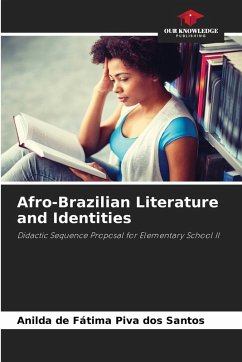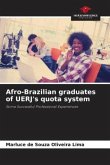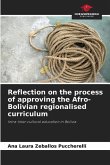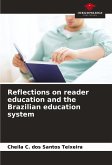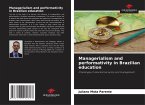Faced with the ethnic-racial obstacles that I observe and experience on a daily basis within school walls, I decided to focus my efforts on building educational knowledge that contributes to the development and insertion of pedagogical practices that explore the cultural and racial diversity of students. I chose to work with Afro-Brazilian literature, not because it was a fad or compulsory, but because I believe that the literary bias, backed by Law No. 10.639/03, highlights the importance of black culture in shaping Brazilian society. In addition, it contributes to and intervenes in an affirmative construction of the ethnic-racial identity of adolescents of African descent within the school environment. To this end, I searched Afro-Brazilian literature for black protagonists who were not portrayed or seen as inferior to whites; not dirty, not ugly and certainly not animalized. But they should be seen as human beings who don't need any adjectives to describe their humanity and their biotype in terms of the color of their skin, their hair, the shape of their face, among other characteristics.
Bitte wählen Sie Ihr Anliegen aus.
Rechnungen
Retourenschein anfordern
Bestellstatus
Storno

